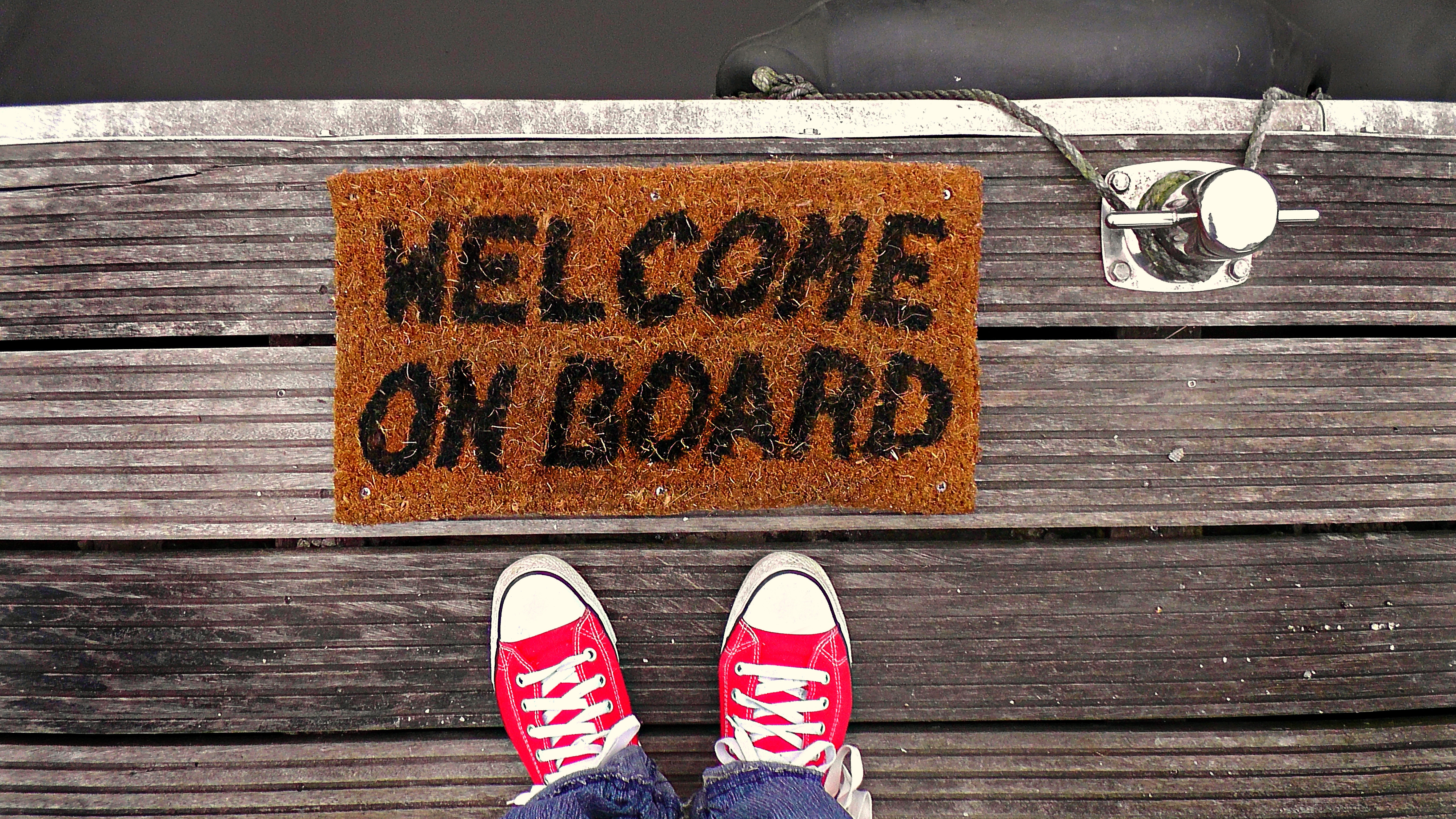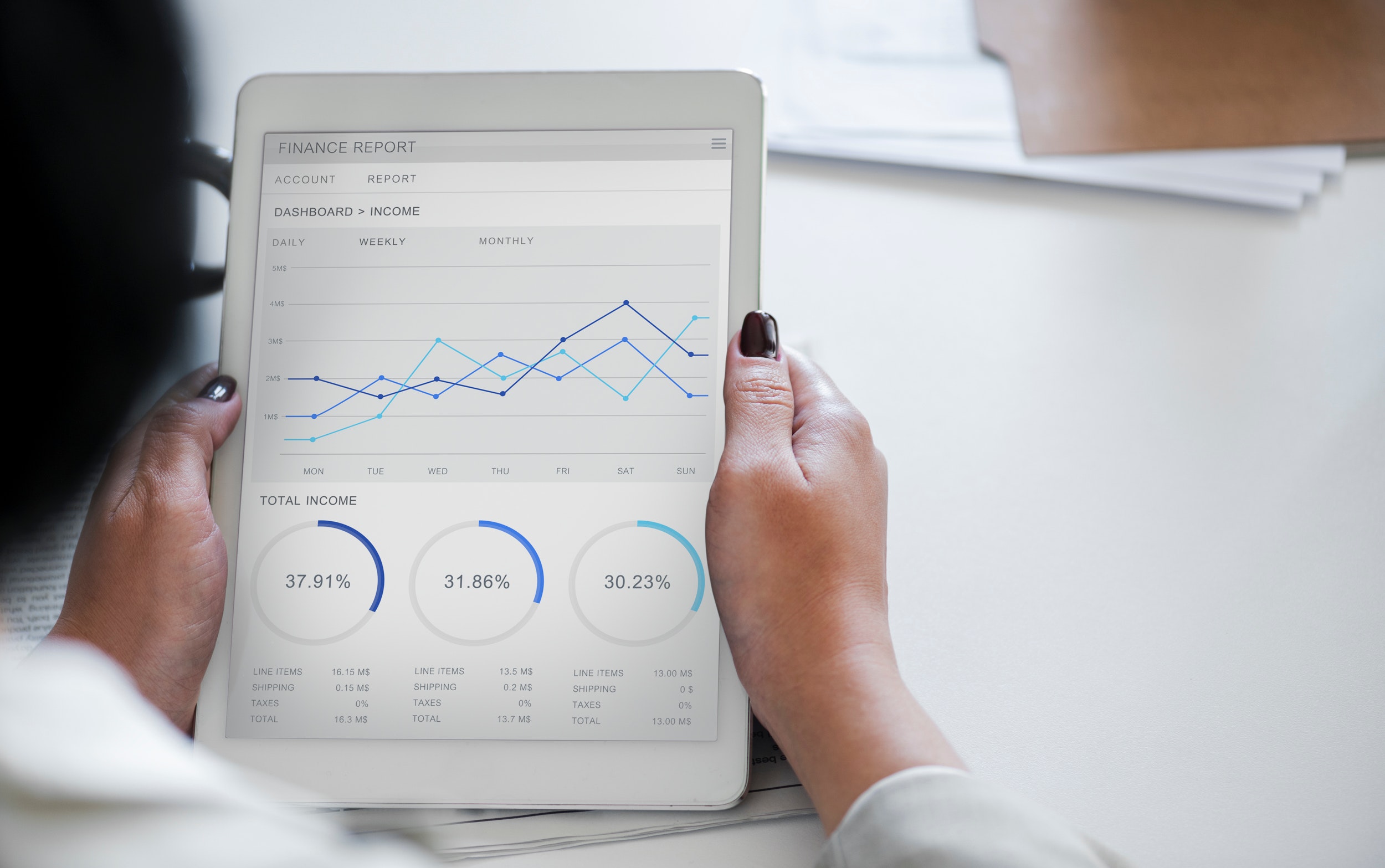Media and Digital Literacy is the ability to use resources effectively, to learn in a digital environment and to assess the quality of digital resources.
In this MOOC you will learn:
✅ to use online learning technologies;
✅ differences between online and offline;
✅ to search for new courses & resources;
✅ to use digital platforms;
✅ to use tools for online communication autonomously;
✅ to assess quality in courses and resources found online;
✅ to assess courses and OERs quality.
The MOOC - Media and Digital Literacy is specifically targeted for university students 👨🏽🎓interested to improve their Media and Digital Literacy skills.
However, teachers 👩🏻🏫 could also find useful sources for themselves and for their educational practices.
Before starting the MOOC, you are required to take a quiz, that you consider as a way to pre-assess your skills. According to the score obtained, you will be suggested to start from the foundation level, intermediate level or advanced level. In each level, you will read texts, e-books or PDFs, watch videos and forums. Once all the tasks are completed, you will complete an e-assessment in order to obtain a badge that certifies your skills. You will receive your badge by email in approximately 24 hours.

When to start Intermediate Level? First window 16th of March: This is a suggested date to start the level. If you want, you can start a little bit earlier (not later). In any case, you should wait until the 19th of March to participate in the group formation activity (it is mandatory if you want to finish the level and take the badge). 18th of March 23.59 pm CET time: You have to fill in the group formation questionnaire. If you don't manage to respect the deadline, they are invited to participate in the Second Window Intermediate level (see the dates below) From the 19th to the 22nd of March: This is the suggested period to participate in the group discussion forums. When to start Advanced Level? First window 23rd of March to 6th of April 23.59 pm: You have to create your e-portfolio and upload it. If you don't manage to respect the deadline, you are invited to participate in the Second Window Advanced level. 7th of April to the 20th of April 23.59: You have to assess peers' e-portfolio and upload the peer-assessment on Moodle. When to start Intermediate Level? Second window 20th of April: This is a suggested date to start the level. If you want, you can start a little bit earlier (not later). In any case, you should wait until the 23rd of April to participate in the group formation activity (mandatory if you want to finish the level and take the badge). 22nd of April 23.59 pm CET time: You have to fill in the group formation questionnaire. From the 23rd to the 26th of April: This is the suggested period to participate in the group discussion forums. 2nd Window - Advanced level Level From 27 April to 11th of May 23.59 pm: You have to create your e-portfolio and upload it on Moodle. 12th of April to the 25th of May 23.59: You have to assess peers' e-portfolio and upload the peer-assessment on Moodle.
This section is intended to assist participants in deciding which of
the levels of the "MOOC Media and Digital Literacy" to take.

- Teacher: Deborah Arnold
- Teacher: Gerard Casanova
- Teacher: Jessica Dang
- Teacher: Jana Esselborn
- Teacher: Orhan Parlakkilic
Learning objectives:
-
Define and describe the basic principles of fact-checking while working with web-based sources
-
Define and describe the basics of copyright and creative commons
-
Define and describe Council of Europe Common European Framework approach to recognizing the role of culture in language learning

- Teacher: Francesca Amenduni
- Teacher: Deborah Arnold
- Teacher: Gerard Casanova
- Teacher: Jessica Dang
- Teacher: Jana Esselborn
- Teacher: Orhan Parlakkilic
Learning objectives:
- develop knowledge and awareness about filter bubble and how to avoid its traps
-
develop knowledge and awareness about skills and competencies students and teachers need in the XXI century
-
develop knowledge and awareness about the power of advertisement for youtube users and effect on the brain

- Teacher: Francesca Amenduni
- Teacher: Deborah Arnold
- Teacher: Gerard Casanova
- Teacher: Jessica Dang
- Teacher: Jana Esselborn
- Teacher: Orhan Parlakkilic
Learning objectives:
-
knowledge and deep insights into how digital technologies have been changing the relationship between the private and public spheres
-
knowledge and deep insights into the relationship between connected learning and digital education
-
understanding what OERs are, how to collect and use them and have deep insights about the merits and challenges around the use of OERs

- Teacher: Francesca Amenduni
- Teacher: Deborah Arnold
- Teacher: Gerard Casanova
- Teacher: Jessica Dang
- Teacher: Jana Esselborn
- Teacher: Orhan Parlakkilic